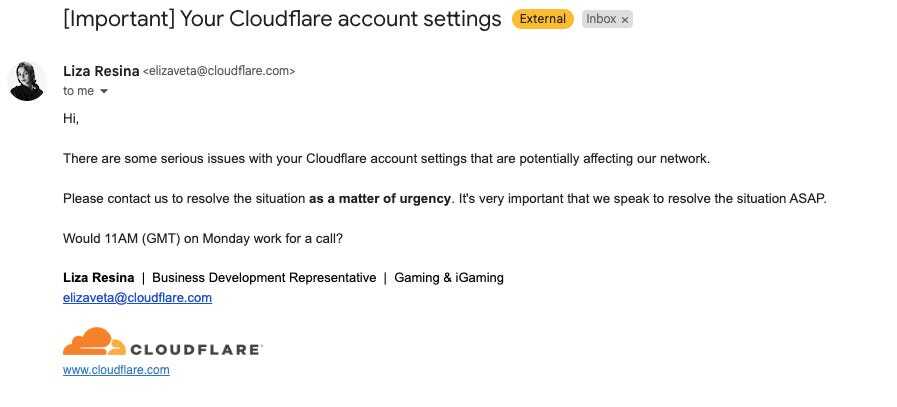Also, interesting comment I found on HackerNews (HN):
This post was definitely demoted by HN. It stayed in the first position for less than 5 minutes and, as it quickly gathered upvotes, it jumped straight into 24th and quickly fell off the first page as it got 200 or so more points in less than an hour.
I’m 80% confident HN tried to hide this link. It’s the fastest downhill I’ve noticed on here, and I’ve been lurking and commenting for longer than 10 years.



Yes, that’s the point, I’m good at combinatorics, probability. These mathematical skills have a lot of carryover
Would you advise others that learning through increasingly higher stakes is a good way to practice these skills and apply them to make a living?
I admit I dont have much issue with gambling as recreation/sport, but I dont know its a benefit to society to treat gambling as a profession.
Stock brokers gambling with others money is a whole other thing.
Only to the point that you get bored and do something useful with your new knowledge.
People enter tournaments for all kinds of games and those tournaments have money prizes and entry fees. I think it’s unfair to single out poker since it’s a game of skill.
It just so happens it doesn’t make sense to play without even the smallest stakes. Otherwise the best strategy is to go all in with any hand and try to double up quickly (if the chips are free, there’s no downside to doing this)
Even like $2 buy in games are much tighter than play money games
Everything in your post seems to give reasons for recreational gambling, and I do agree that the stakes are part of the game, and one with no stakes is markedly different. It does seem though that this is all in service of fair play, and to reward those for requiring they pay to prove they are in good faith.
To me I dont think the potential reward is the point with recreational gambling. You might even give your winnings back in a friendly game were you to find out that the stakes bled out into real life.
However I dont see how all of this applies to gambling as a profession and as a part of society in larger ways such as stock markets and Crypto currency. What’s the supposed benefits of that?
I would argue that the professional setting is not recreational at all, and in many cases is abusive, with there seeming to be some intent to disguise how abusive it is to the victim.
Nah, you don’t play with stakes that could matter to someone. In my case, our buy-ins in the home game are $28 when converted to dollars and nobody bats an eye at dropping $100
The tiny reward does make it more interesting because you actually care about winning. It’s better to do $20 stakes and keep the money than play for $100 stakes and have to give it back because someone was irresponsible with their money
Doesn’t gambling for a living by definition mean you have to play with stakes that matter?
Honestly if people could only gamble with their own money, I might feel different about it.
They matter in so far as it feels bad to lose. But they shouldn’t matter to your family’s finances